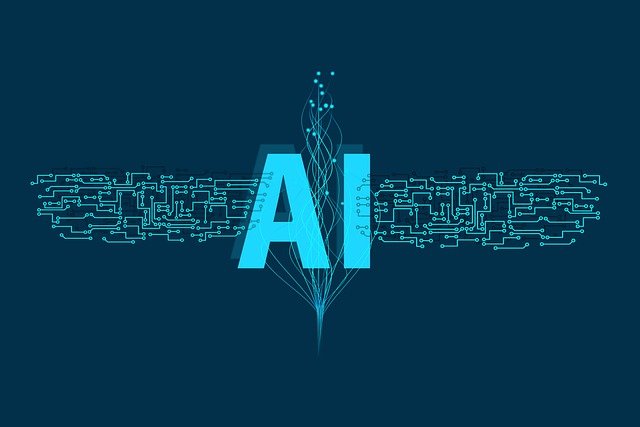Artificial intelligence is changing the way we interact with medicine and technology. Artificial intelligence is making its way into the healthcare industry in order to fight human error and improve patient care. This article discusses how AI will transform our future in healthcare.
- It includes the following topics:
- What are the benefits of AI
- How does it work
- The limitations of AI
What is the goal of AI in Healthcare?
AI in healthcare can help reduce the cost of healthcare by using data to better diagnose patients. In the future, AI will be even more imperative for healthcare because it can improve accessibility and patient safety. The goal of AI in healthcare is to bring patients into the doctor's office more often, at lower cost, and with better outcomes. With advances in AI technology, doctors will be able to use algorithms that can instantly decide what medications are best for a patient's needs. This will greatly reduce the number of unnecessary tests being done on patients, freeing up resources for more important medical cases.In the future, AI-empowered robots may be able to give autistic children a voice - but until then, it's up to healthcare providers and parents to help their children communicate.
Benefits of AI on healthcare
The future of artificial intelligence in healthcare is promising. AI can provide information that is not available to human beings. It will be able to give accurate information about patients, their conditions, and the results of medical tests that will help doctors make decisions based on facts. Artificial Intelligence has been able to bring a lot of benefits to the healthcare industry. For instance, AI can be used to help identify diseases and monitor progress. It could also be programmed to give advice for a particular patient's condition or send a reminder after a certain number of hours have passed without vital signs.How can AI help autistic children connect?
One of the most challenging tasks of autism treatment is connecting autistic children with the world. The reason that this task is so difficult is that children who struggle with social interactions struggle to accurately convey their internal states, which can make it challenging for people around them to understand what they are feeling. One of the ways that AI might be able to help is through robotic teachers like Misty II or audio-based software that can speak directly to an autistic child using natural language. This will allow the child to communicate their internal thoughts and feelings more accurately than they ever could before.Health care providers use of automation versus manual care
A goal of the Future of Artificial Intelligence in Healthcare project is to create a system that makes it possible for all healthcare providers to diagnose and treat patients at a cheaper cost. One way this could be achieved is by using automated systems to make diagnosis judgment calls. This would allow healthcare providers to focus on other parts of the treatment process.Why does care involve some level of human interaction?
Artificial Intelligence (AI) is quickly becoming one of the most promising technologies available to help with medical care. However, for AI to become massively useful in healthcare, it will need to overcome some significant challenges that are specific to the field of medicine. One of these obstacles is that care typically involves some level of human interaction. This human-centric component is what makes AI difficult to implement in healthcare, but could also be one of its greatest advantages.Artificial intelligence has been a big buzzword for a few years now, but the true potential of AI is only just becoming noticeable. As AI becomes more widespread and widespread use cases are developed, its applications in healthcare will be almost limitless. The future of AI in healthcare as well as how it'll change our lives in ways we can't even imagine now!
AI in healthcare is going to be a big thing in the future as It has already started. It's not just about data analysis either; it's also about improving the health of patients and helping doctors make better decisions faster. AI technology will help to identify patterns that would otherwise go unnoticed, leading to early treatment for the right patient at the right time.

No comments:
Post a Comment